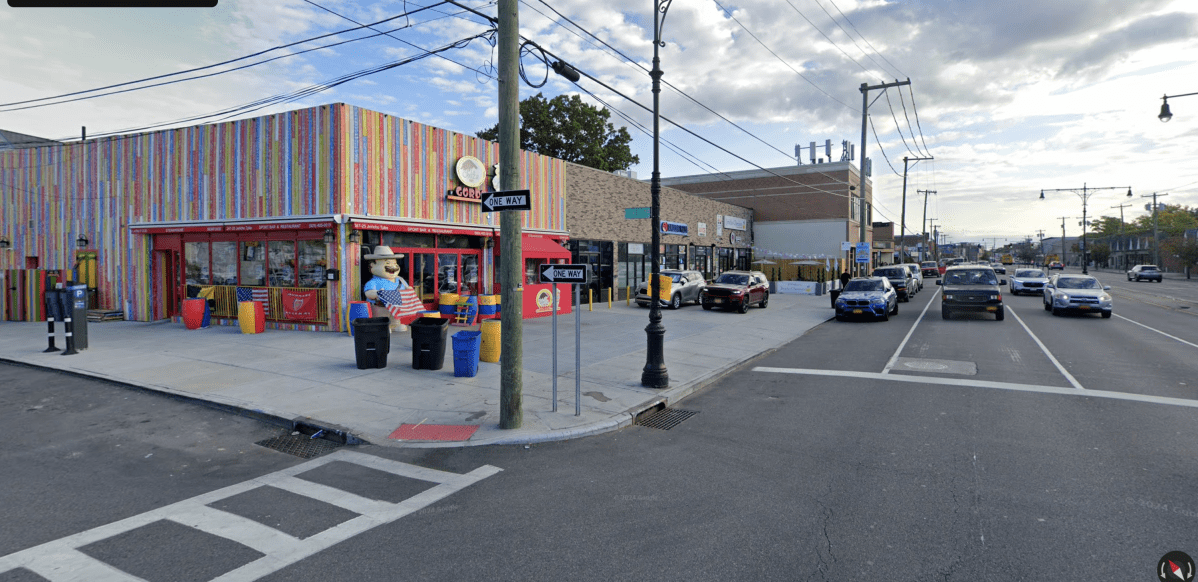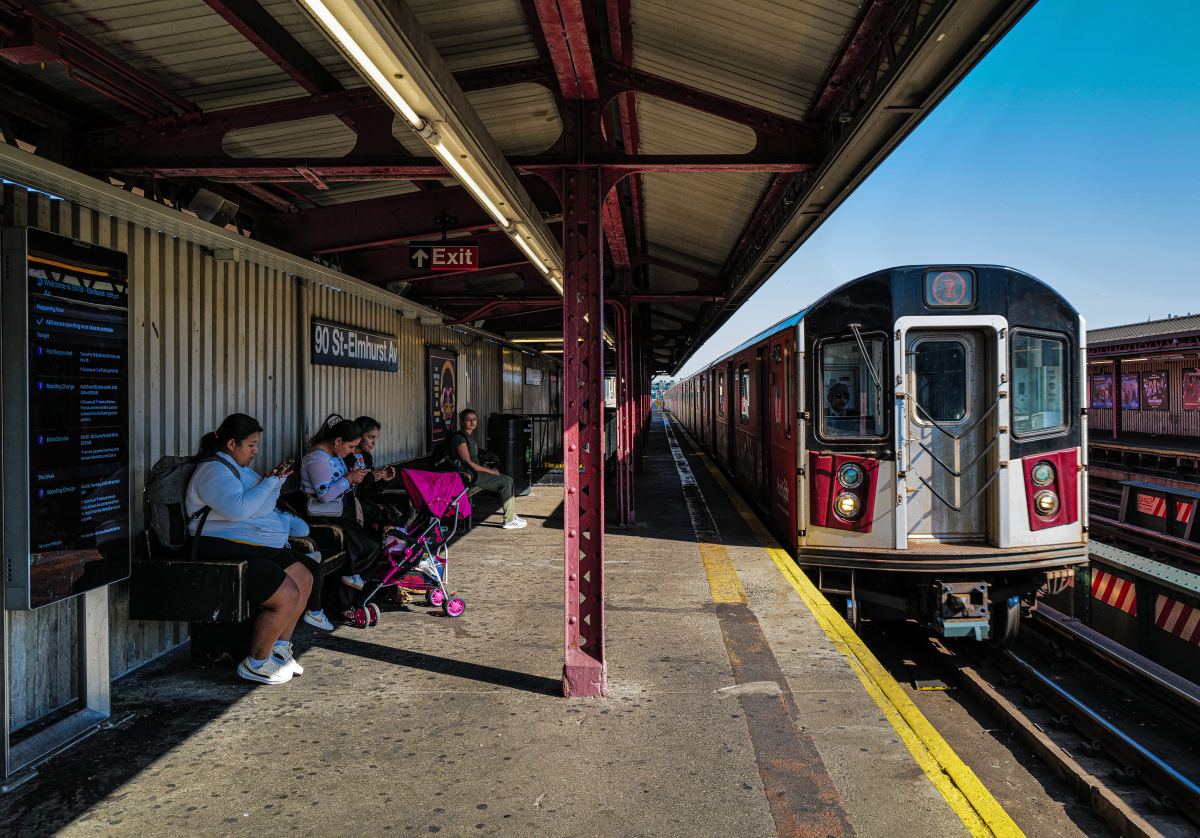NEW YORK (AP) — For seven weeks in a U.S. courtroom, federal jurors were thrust into a corruption scandal that had reached the highest levels of professional soccer. They must now decide the fates of two former Fox executives accused of paying tens of millions of dollars in bribes to gain broadcasting rights to soccer’s biggest matches, including the World Cup.
From the start, U.S. prosecutors in New York depicted the case as nothing less than “the corruption of international soccer” and how the executives — Hernan Lopez and Carlos Martinez — fed into it.
“This trial has given you a unique, inside look into a series of criminal conspiracies involving corruption at the very highest levels of organized soccer and the business of broadcasting the sport,” Assistant United States Attorney Eric Silverberg told jurors, during the government’s closing arguments.
The judge is expected to hand over the case to the jury on Monday to begin sifting through the testimony of a parade of witnesses, many of them called by defense attorneys to refute the testimony of the government’s star witness — a former business associate of the two broadcast executives.
The fates of the two men will partly hinge on the credibility of that witness, Alejandro Burzaco, who has cooperated in previous soccer corruption investigations since being arrested in 2015 in a related bribery case.
Defense attorneys contend Burzaco had implicated Lopez and Martinez to avoid prison.
William David Sarratt, who represents Lopez, said Burzaco has “a credibility problem.”
“This case rises and falls on Burzaco,” added Steven McCool, who represents Martinez. “You cannot convict another human being based on a liar.”
Over 11 days of testimony, Burzaco described a sport corrupted by millions of dollars in dirty money flowing through shell companies and into the hands of South American soccer officials. The clandestine dealings help land broadcasting rights for Latin America’s biggest annual tournament, the Copa Libertadores, and ultimately helped Fox secure rights for the sport’s most lucrative competition, the World Cup.
Burzaco, who headed an Argentinian marketing firm, has already pleaded guilty to racketeering conspiracy and other charges. He testified in 2017 that all three South Americans on the FIFA executive council took million-dollar bribes to support Qatar’s bid to host the 2022 World Cup.
Burzaco has yet to be sentenced, and his critics contend that he was testifying on behalf the government to curry favor before being sentenced.
Regardless of the outcome, the case laid bare the continuing woes of international soccer’s governing federation, FIFA, as it works to repair its battered image — even as most soccer fans have moved on from a scandal that exploded in 2015 when seven FIFA officials were arrested at a Zurich, Switzerland, hotel. Months later, at the same hotel, two of FIFA’s vice-presidents were arrested on suspicion of bribery.
International soccer’s travails deepened soon after.
At least two dozen people have already pleaded guilty. In addition, two people have been convicted in connection with a U.S.-led investigation into bribes and kickbacks. Four corporate entities have also pleaded guilty, and four other companies were charged but reached agreements with the government to avoid prosecution.
Another company, Full Play, a sports marketing company based in Uruguay, was also on trial along with Lopez and Martinez. The government accuses the company of taking part in the bribing scheme.
Lopez is the former chief executive of Fox International Channels and later operated a podcasting venture. Martinez headed the broadcaster’s Latin America affiliate.
Until 2019, the international channels were a subsidiary of what was then known as 21st Century Fox, which splintered as part of a sale to Disney.
Fox won rights to broadcast the World Cup in 2018 and 2022 when it was a part of the now-defunct company.
From 1994 until 2014, rival ESPN broadcast the quadrennial tourney.
New York-based Fox Corp. is not a defendant in the case. Fox has denied any role in the bribery scandal, and the company has said that it has cooperated fully with authorities.
ESPN began airing soccer’s premier sporting event before it caught on with U.S. audiences. FIFA previously had to buy airtime to get the tournament broadcast in the country.
As American interest in soccer grew, the competition to air matches intensified.
ESPN paid $100 million for the rights to broadcast the sporting event in 2010 and 2014, and had sought to continue airing the World Cup. But during two rounds of bidding, it failed to win those rights.
Prosecutors allege that payoffs enabled Lopez and Martinez to get confidential information from high-ranking soccer officials, including those at FIFA. The information helped Fox secure the U.S. English-language rights with a $425 million bid. Telemundo, a division of Comcast Corp.’s NBCUniversal, won U.S. Spanish-language rights for about $600 million.
December’s World Cup final, in which Argentina prevailed over France, was the most-watched soccer match in the United States, according to television audience estimates.
During its deliberations the jury will have to consider strings of emails, financial records and contracts — in addition to many hours of testimony by Burzaco, media executives, soccer officials and associates of Lopez and Martinez.
During the trial, there was little doubt that dirty money had been exchanged. But lawyers for the dfendants, who acknowledged the bribes, pointed fingers at Burzaco.
“Mr. Burzaco is not on trial,” Kaitlin T. Farrell, another federal prosecutor, reminded the jury.




















